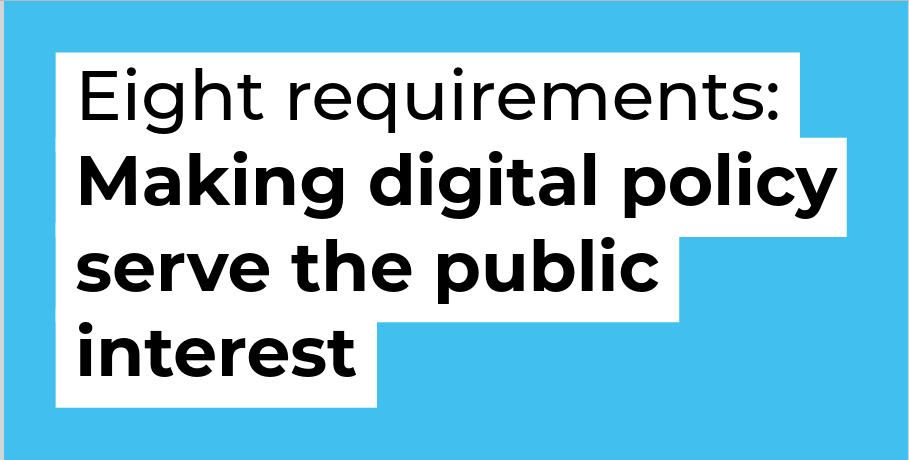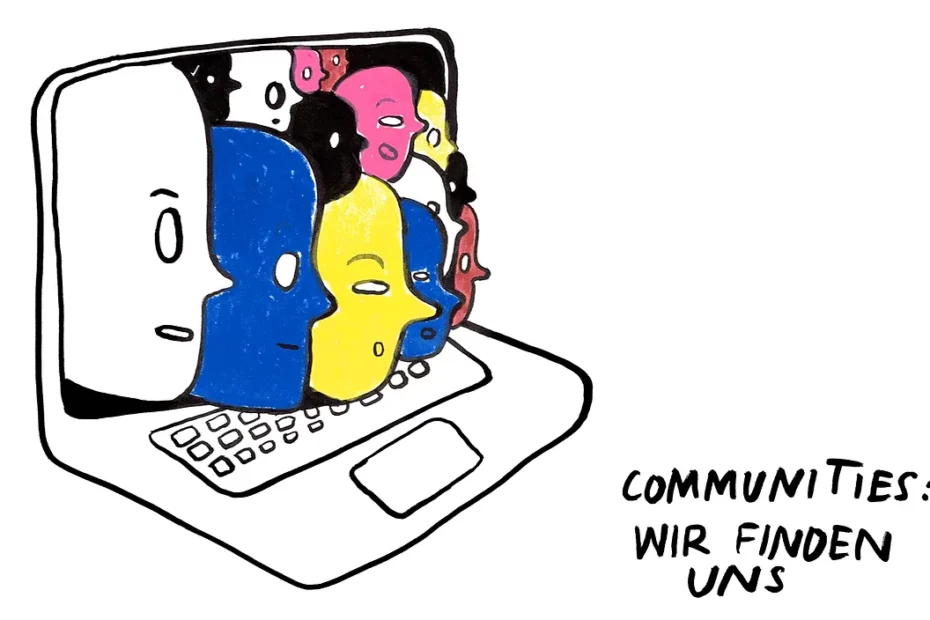Open letter to protect Wikipedia and other public interest projects in the Global Digital Compact
Wikimedia Europe has signed an open letter, penned by the Wikimedia Foundaiton, that calls on UN Member States to protect Wikipedia and other public interest projects in the forthcoming Global Digital Compact. The Global Digital Compact initiative is a unique and pivotal opportunity to shape our digital world in a manner that advances the public interest and supports sustainable development for everyone, everywhere. UN Member States have the chance to embrace a positive vision for the internet’s future that supports and empowers diverse communities everywhere to build and operate free and open knowledge projects. The Wikimedia projects, including Wikipedia, the online encyclopedia, provide the world with the largest free and open, multilingual, intercultural, universally accessible repository of educational materials ever created. The volunteer-run Wikimedia projects have formed a community-led ecosystem that champions information integrity. They serve as digital public infrastructure for openly licensed, neutral, encyclopedic content in over 300 languages. Wikipedia’s experience of over two decades has taught us that the internet needs to be open, global, interoperable, and inclusive in order to serve all of humanity. To that end, three essential commitments should be included in the text of the Global Digital Compact:














